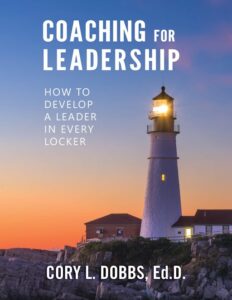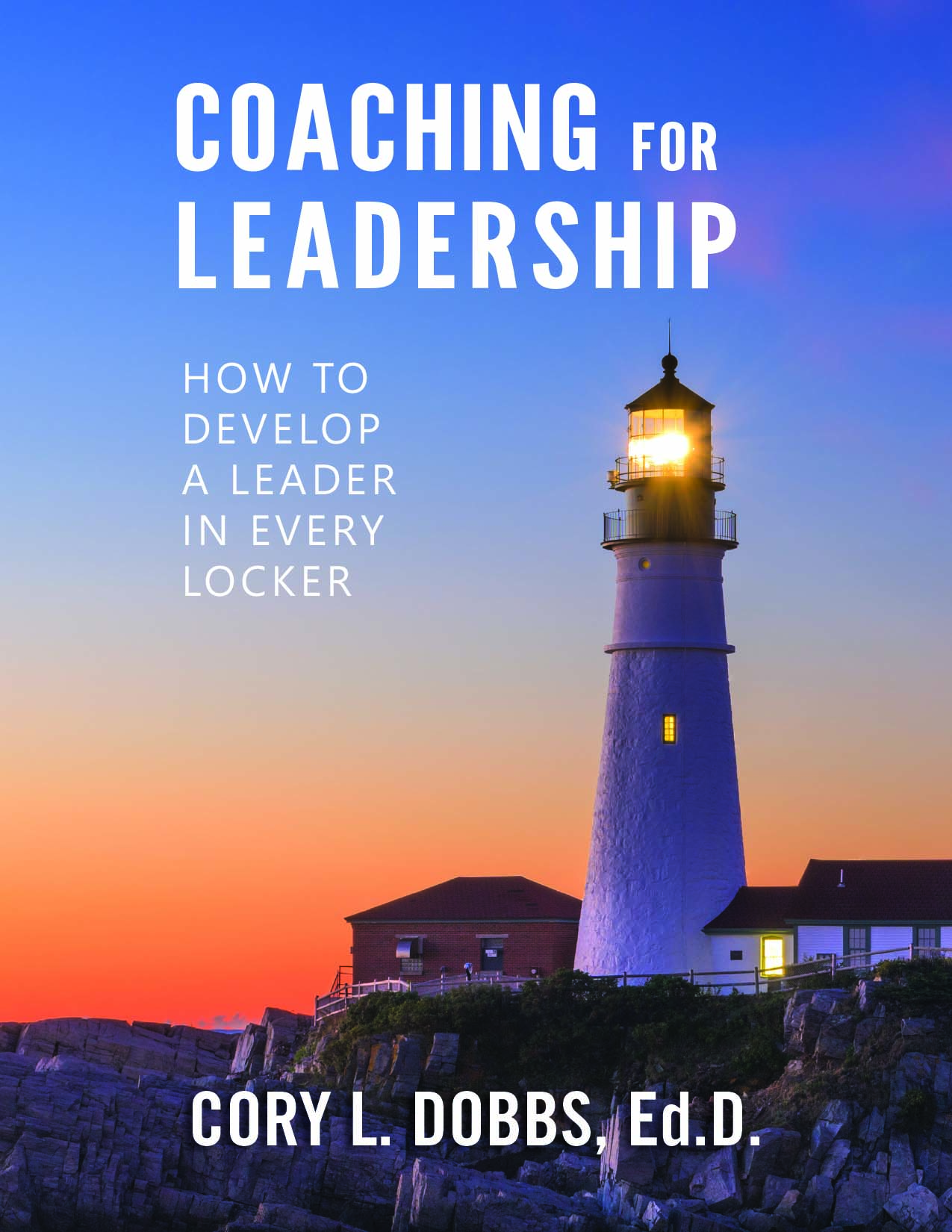How do you cultivate a dynamic personal brand? Many coaches think that focusing on personal branding is unnecessary. They shy away from engaging in personal branding–viewing it as self-promotion. However, the reality is that we all have personal brands, whether we focus on them or not. We should be aware of how others view us, and how it may help or harm our ability to succeed on and off the playing field. The following three questions can help you assess your personal brand.
- What do I want to be known for? Think wide and deep.
- What results do I want to deliver through my coaching efforts? It’s not only about wins and losses.
- How do I want others to describe me? Consider your legacy.
An Introduction to the Introverted Leader
Several years ago, Susan Cain, a Harvard Business School professor, delivered one of the most well-received Ted Talks of all time. Today the YouTube video counts more than 18 million views of her talk on introversion. Cain wrote her 2012 book “Quiet: The Power of Introverts in a World That Can’t Stop Talking,” which has sold two million copies worldwide. With the Ted Talk and book, Susan Cain has single-handedly triggered a deeper awareness of and appreciation for the many facets of introversion.
She’s introduced a myth-shattering perspective that has transformed the way we view introversion and introverts.
On the surface, introversion looks a lot like shyness; both effect social interaction, but for differing reasons. The shy find socializing difficult. On the other hand, an introvert simply prefers to spend time alone. Introverts are collectors of thoughts, and solitude is where the collection is curated and rearranged to help them make sense of their thoughts.
Far more than we are consciously aware of, we live in a society dominated by extroverts. Susan Cain’s research points out that the American culture glorifies extroversion. Sports stars and movie stars are highly paid and followed, and social media thrives on people exposing their innermost thoughts and feelings. Extroverts are highly visible in most settings and situations. Bold personalities are rewarded.
Cain writes, “We’re told that to be great is to be bold, to be happy is to be sociable. We see ourselves as a nation of extroverts—which means that we’ve lost sight of who we really are.” In fact, she notes, one-third to one-half of Americans are introverts. So if you’re not one yourself, she often advises audiences,
“You’re probably raising or managing or married to one.”
| For the past 20 years, I’ve been working with coaches and athletes in the areas of leadership and team building. During this time I’ve noticed a deficit in time, effort, and energy when it came to identifying and developing high potential coaches. It seems as if excellence in leadership is a given. But it’s not! You don’t become a high–potential coach by merely “putting in the time.” Just working hard isn’t the x-factor. Neither is high potential a natural gift.
I’m helping high achievers and high potentials become self-aware and increase their personal effectiveness. If you’ve got a deep commitment to excellence, building right relationships, guiding with influence and accelerating change, let’s talk. I’m looking for high-potential coaches with a desire to be mentored one-to-one by me. My coaching program is for those coaches willing to pay the price, ready to invest in developing their career for the long-term. If you are interested in talking about how you can go from high potential to high achievement—let’s talk. [Cory 623.330.3831] Sample of What You Will Learn Kind regards, |
New to the Second Edition of Coaching for Leadership!
 We are pleased to announce a new chapter to the second edition of the best-selling Coaching for Leadership. The chapter, The Big Shift: Unlock Your Team’s Potential by Creating Player-Led Teambuilding, connects the previous edition of this book to its origin, as well as to the future of team sports.
We are pleased to announce a new chapter to the second edition of the best-selling Coaching for Leadership. The chapter, The Big Shift: Unlock Your Team’s Potential by Creating Player-Led Teambuilding, connects the previous edition of this book to its origin, as well as to the future of team sports.
The new chapter sets forth a practical and applicable agenda for change and improvement. The reader is introduced to seven vital elements of change; seven shifts of traditional mental models that lead to the new core principles necessary for creating a player-led team culture. Click here for more information about Coaching for Leadership
About Cory Dobbs, Ed.D.
Cory Dobbs is the founder of The Academy for Sport Leadership and a nationally recognized thought leader in the areas of leadership and team building. Cory is an accomplished researcher of human experience. Cory engages in naturalistic inquiry seeking in-depth understanding of social phenomena within their natural setting.
A college basketball coach, Cory’s coaching background includes experience at the NCAA DII, NJCAA, and high school levels of competition. After a decade of research and development Cory unleashed the groundbreaking Teamwork Intelligence program for student-athletics. Teamwork Intelligence illuminates the process of designing an elite team by using the 20 principles and concepts along with the 8 roles of a team player he’s uncovered while performing research.
Cory has worked with professional athletes, collegiate athletic programs, and high schools teaching leadership and team building as a part of the sports experience and education process. As a consultant and trainer Dr. Dobbs has worked with Fortune 500 organizations such as American Express, Honeywell, and Avnet, as well as medium and small businesses. Dr. Dobbs taught leadership and organizational change at Northern Arizona University, Ohio University, and Grand Canyon University.
